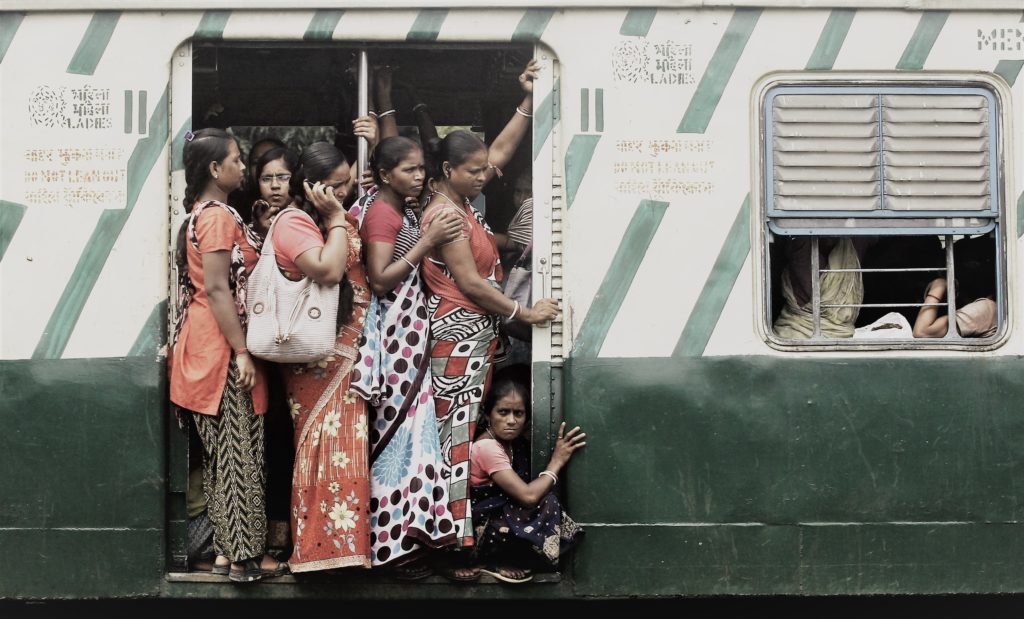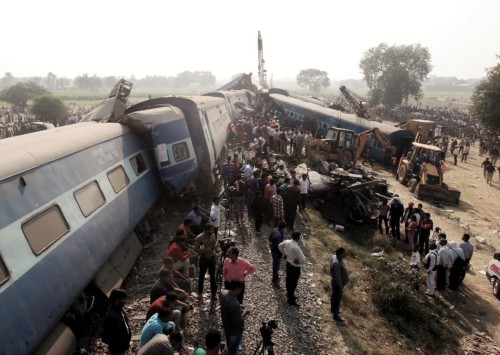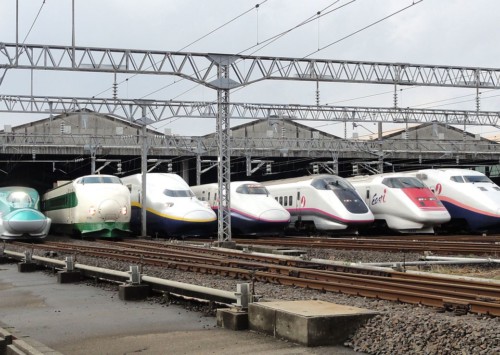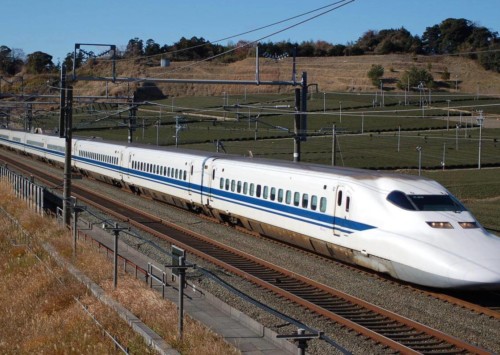How safe are Kolkata local trains?
As the aftermath of the Elphinstone Road stampede in Mumbai, the safety and infrastructure of local train stations in Kolkata could also come under scanner; how the less privileged travel for work in this eastern metropolis is a dreadful chronicle.
Vishakha is a 43-year old domestic help travelling daily on a local train to Kolkata from Diamond Harbour, an outskirt town in the district of South 24 Parganas. She used to get down at the Jadavpur or Dhakuria Station every day for work. The overcrowded stations during the peak hours, the limited number of trains and the dismal safety and hygiene conditions in the platforms have often got Vishakha and people like her in distress.
Her daughter comes to school with her now they travel till Ballygaunge now. She leaves her at the station gate and runs back to catch another train to Dhakuria every morning.
“We are poor people sir; there is nothing for poor people in India. If I don’t buy a ticket and get caught, I will be dropped in an unknown place where there are no trains, but we can’t complain about our safety and cleanliness,” she said with a disturbing urgency on her face as a local train approach the brimming platform in Dhakuria. Her daughter was waiting at the Ballygaunge station after school.
The Natural calamities or mismanaged functioning have often resulted in trains running late or even cancellations. Stations even in the main city such as Bagha Jatin, Garia or Dhakuria lack basic utilities such as hygienic toilets, proper waiting areas for women and emergency information or contact numbers. Commuters especially women should be aware of the persons to contact in case of emergency; however, stations such as Bagha Jatin or Dhakuria is even devoid of a signage that would help people find the station master or the station-in-charge. To reach the Government Railway Police (GRP), one needs to cross the tracks near platform 4; such is the setup.
The sight of people hanging at the gate in local trains might have given an adrenalin rush to a few but the safety standards go way behind the norm even in Kolkata.
Wakeup call
On September 30, a high-level meeting on Railways Safety was held in Mumbai, under the chairmanship of the Minister of Railways, Piyush Goyal to comprehensively review safety measures in Mumbai Suburban Railways as well as entire Indian Railways. Various major decisions were taken in the meeting, wherein passenger safety has been accorded the highest priority. Accordingly, several important decisions were taken to empower Railway officers to take strong measures to improve passenger safety and security.
Measures such as improving the foot over-bridges treating it as a safety item under highest priority were primary mandates in the meeting. The meeting discussed how enthusiastic station directors being posted at more than 70 stations all over India can bring dynamism in operations.
Ashwani Lohani – Chairman, Railway Board and all railway board members were present at this meeting along with A K Gupta, the General Manager of Western Railway and D K Sharma, the General Manager of Central Railway and security officials of the state government.
However, the eastern metropolis that receives almost hundreds of thousands daily passengers primarily at the Sealdah station from north such as Bongaon, Hasnabad and from south such as Lakshmikantapur and Diamond Harbour remains in a pitiable condition. The frequency of trains being low, the peak hours see a lot of rush that highly indicates to a future catastrophe similar to the Elphinstone Road stampede.
Are women safe?
Parichiti – A Society for Empowerment of Women, is an organisation with the main objective of asserting the identities and claiming the rights of women who are unrepresented and underrepresented in public discourse and action conducted a study on the status of regularly travelling women in Kolkata local trains.
The study although covered the poor and semi-skilled workforce that come to the city as domestic help; the condition of women travelling in Kolkata bound local trains remains unsafe.
In the study that was conducted in July-August 2012, there were several situations of harassment reported by women in the ‘general compartment’. There is not much protest from any of the commuters – there is a lack of support from their co-passengers and women domestic workers (WDW) suffer their embarrassment in silence. They have accepted such situations as part of their life.
There is a once-in-a-day lady’s special train called the Matribhoomi Local (0800 hours) from both north and south that brings working women to the Sealdah station, however, most of the women who are employed as domestic help could not avail it as they have to take the early morning trains.
“Even in ladies compartments, we often see male travellers,” complains Vishakha. “In male compartments (the general compartments are addressed as male) there is continuous smoking and we feel suffocated,” she added.
“The biggest problem in our daily commutation is the frequency of trains in the peak hours,” says a regular passenger who comes to Kolkata for her job from Madhyamgram. “The peak hours are really crowded and when the trains are late, the mob becomes more hostile. This could only improve if the number of trains is increased,” she added.
Stations in Kolkata are more neglected according to most of the daily local train passengers. Stations such as Park Circus, Bagha Jatin and Dhakuria are more local markets than stations. The platforms are crowded with hawkers and passengers fighting for a space to stand.
The rush hours and the hope to find a better place to stand in the train also drive the commuters to swap and cross the tracks rather than taking the over-bridges.
Lack of well-behaved officers adds to the pity. In one of the disturbing findings in the Parichiti report, a respondent said, “Once I was caught by a ticket checker, paid INR 250 and was let go. A girl was once strip searched by lady ticket checkers during her menstrual period. If you’re caught, they strip you naked to look for money.”
Facilities such as clean drinking water in all stations, regular cleaning and up keeping the toilets and the station premises, increasing the frequency of regional language announcements are on top priority in Kolkata and its nearby areas.














